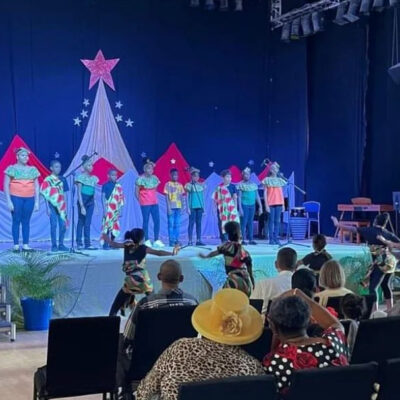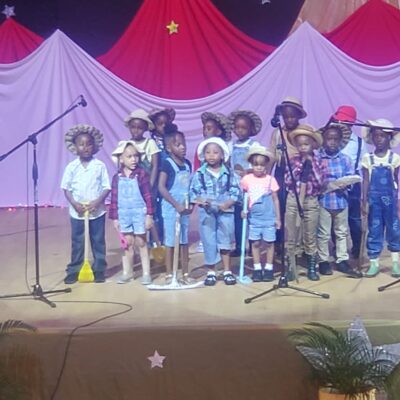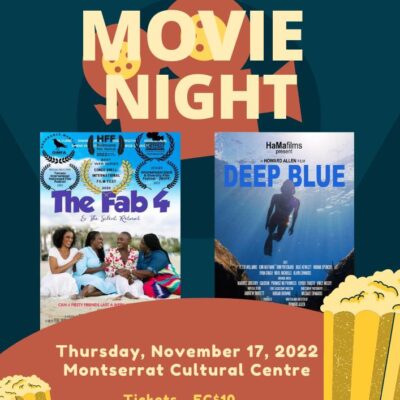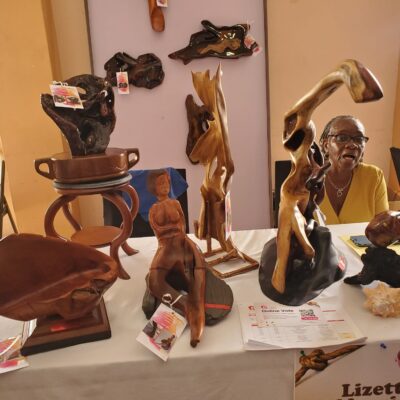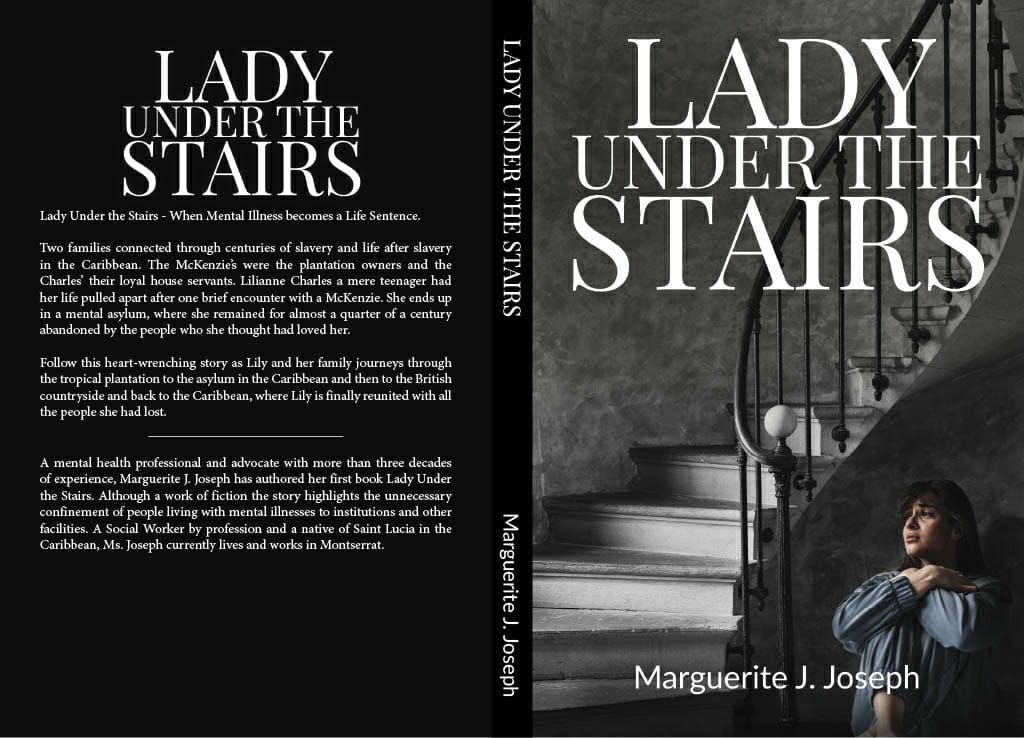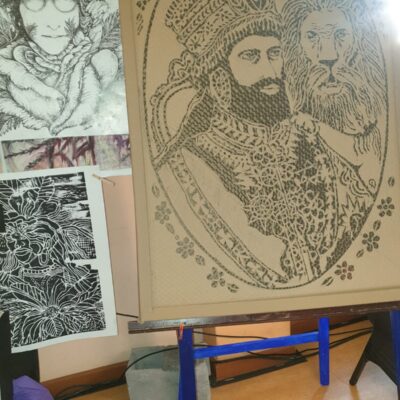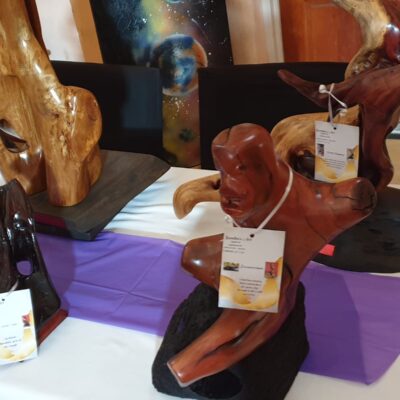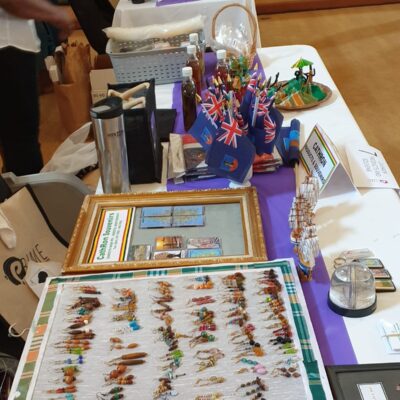AND NOW GEORGE
In this sickly season when the smell of death
pervades the atmosphere, the passing
of Professor Irish creates a sad and gaping hole
more than six feet deep in the ranks of the good
and great of Montserrat. The usual euphemisms
like “called home” and “called up higher” cannot
disguise the earthquake, occasioned by his fall;
he left us with a burning ache in hearts
of family and friends, and the list is long,
accomplishments immense, traversing art, academy,
activism and the rights of genuine Montserratians,
and he was a practicing believer from early morning.
That elder Irish ended up in the pulpit is no surprise
to us acquainted with his pilgrim greening,
and his venerable grandmother; in many senses,
he was well rooted, local first before universal.
George has left us and has left us much. At a time
when “icon” is liberally distributed as klim
in our impoverished childhood, it seems beggarly
to so endow him, I dub him a Montserrat avatar
which carries spiritual overtones, in honour
of his enormous gifting which he generously
invested in his island home, attracting meagre
appreciation; his legacy is wide and long.
Versatile musician, he taught us how to sing our songs
of home and hope in tuneful melody,
and Montserratian voices gladdened the air
in Castro’s Cuba, Demerara, Antigua and America,
while birds hummed our songs in Trinidad
with echoes in Barbados. You could’t fence Irish in.
With his searching intellect, he taught their story
and their folkways to the people in palatable pieces,
this apostle of enlightenment; he gave new meaning
to popular education and community upliftment.
Irish taught all classes and conditions of people,
and made them teachers also, liberating learning
from traditional walls and broadened the classroom too.
Irish wrote his name on the trade union movement
clothing it in modern dress attracting youths,
and saw culture as spirit and lifestyle,
beyond goat water, masquerade and jumbie dance,
which he wisely elevated to the national stage,
to the condemnation of a myopic Plymouth elite.
George Irish was a pioneer, indeed a revolutionary;
it is a fake history that omits his role
in the Saint Patrick’s Day story, the attendant festival
and the economic whoop and holla; his nyam-nyam
evoking Africa, prototyped the now famous slave feast.
His activities are far-reaching and abiding;
he is our proud export to America, our treat.
If I am allowed a meaningful cliché, Dr. Irish
was a colossus worthy of our tears; his music
and the music of his life will resonate endless years.

 Menu
Menu
